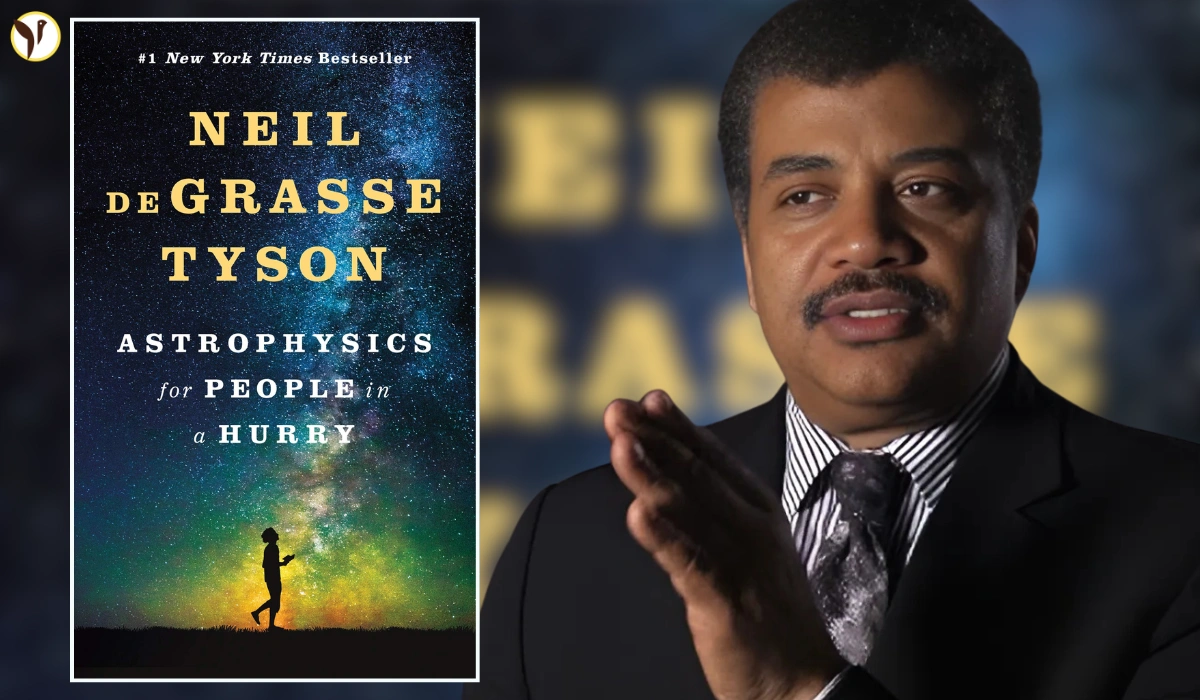Astrophysicist Neil deGrasse Tyson has put together a list of eight classics that he feels everyone should read to help better understand the world. Tyson states that these works have influenced modern thought in science, politics, economics, and human activity. Most importantly, all eight books can be found online for free for everyone.
Tyson’s list of classics includes well known books like The Bible, On the Origin of Species by Charles Darwin, and The Prince by Niccolò Machiavelli. Tyson says that each book has heavy implication on how we think, how societies work, and how power can be wielded and kept.
His thoughts in these books are not about reviewing the style or merit of literary works, but to emphasize their influence.
He encourages people to not only read these books, but think how they have influenced thoughts and systems in the world today.
From religion to strategy, these works give a broad overview of the variables that have affected human decisions over the ages.
Amid the fire & fury of books on politics, “Astrophysics for People in a Hurry” has spent 48 weeks on the NYTimes Bestseller List. Thanks to all who peered through this heartfelt conduit to the cosmos, at a time, it seems, when rational thinking has lost all currency in the World pic.twitter.com/FQy1x5xosO
— Neil deGrasse Tyson (@neiltyson) April 10, 2018
The Message Behind the Books and Their Relevance Today
Tyson argues that the strength of these tomes is due the patterns revealed in human behavior and human history.
For instance, The Art of War, by Sun Tzu, is still beneficial today, still useful because it teaches lessons around strategy that can be applied to business, politics and beyond a battlefield. Similarly, The Wealth of Nations, by Adam Smith, is still useful when attempting to unpack modern economies.
He also considers works like The Age of Reason, by Thomas Paine, which he claims demonstrates how reason and questioning can create freedom and progress.
Satirical works like Gulliver's Travels, by Jonathan Swift, are somewhat in this genre as well, only using satire to reflect and comment on the flawed characteristics of human beings.
Tyson considers The Bible in the same way - not as a religious book, but rather as the example of how belief can influence the behaviour of millions, and possibly even a billion people in the future.
He contends that the classics can help people develop better skills in critical thinking; they offer the tools to question, analyze and understand both history and current events.
For those who want to learn of the human condition and culture from a more sophisticated point of view, these are important starting points.









